Prof. Euisik Yoon and his team are recognized for their work designing low-noise, multisite/multicolor optoelectrodes that will help neurologists learn more about neural connectivity in the brain.
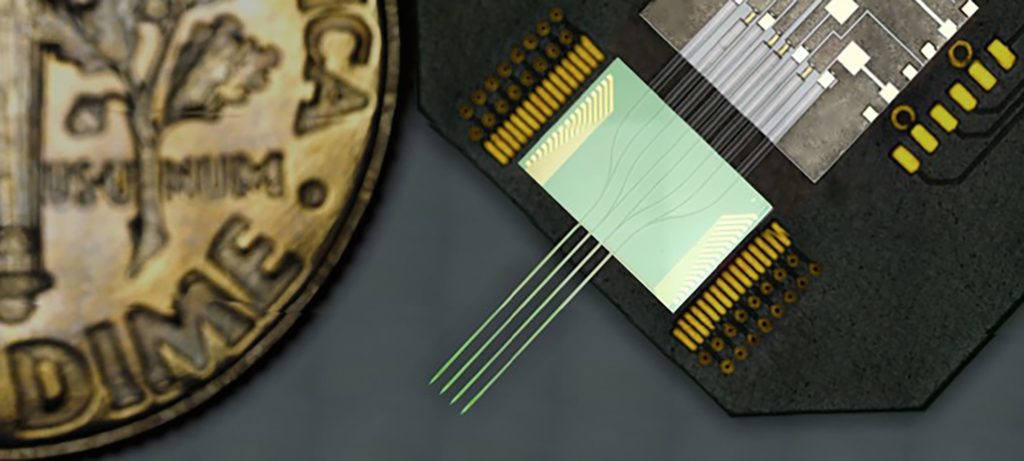

Prof. Euisik Yoon and his team are recognized for their work designing low-noise, multisite/multicolor optoelectrodes that will help neurologists learn more about neural connectivity in the brain.
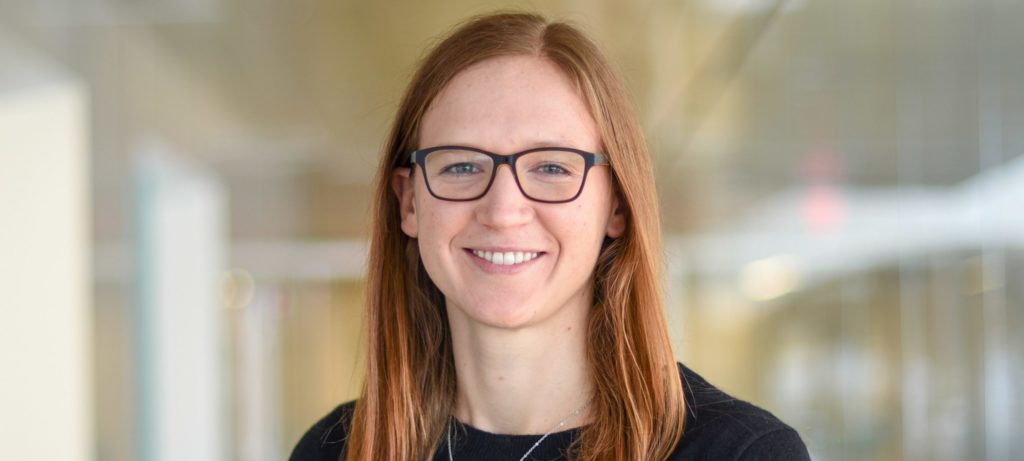
ECE postdoc Melissa Haskell works on improving functional magnetic resonance imaging so we can better measure and understand brain activity.
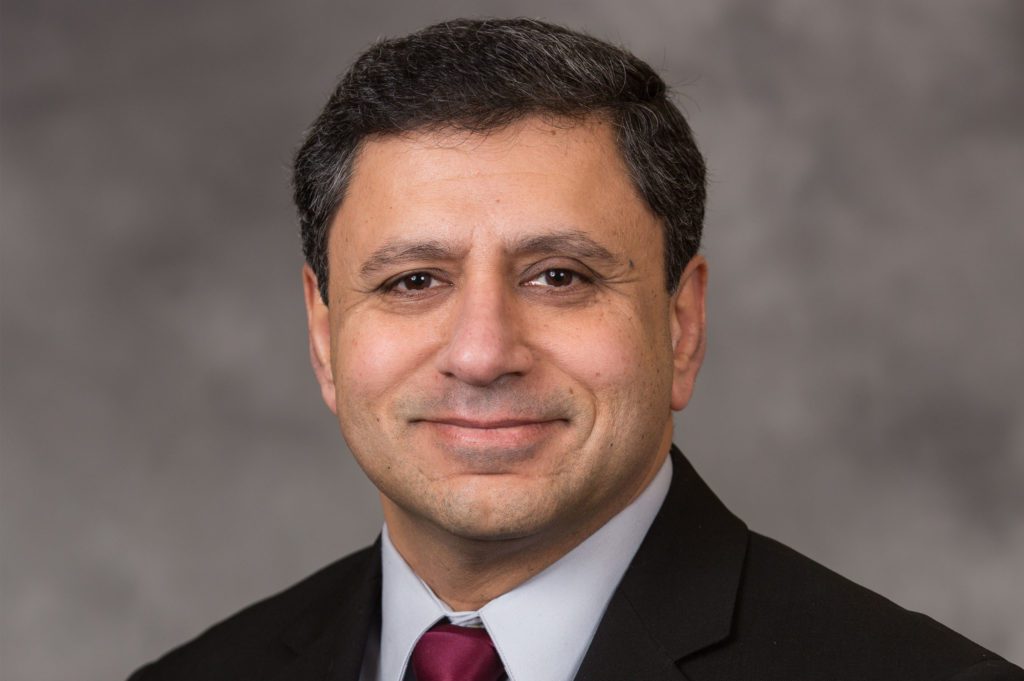
The WAND wireless sensor developed in a collaboration between Total, an oil & gas company, and the University of Michigan is revolutionizing well monitoring
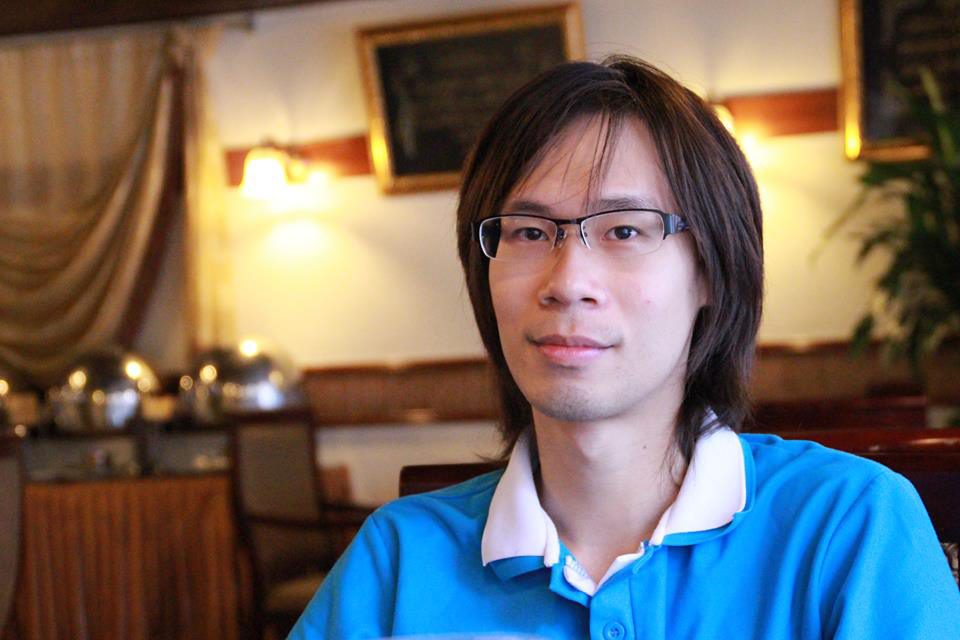
His work is in complexity theory of distributed computing.
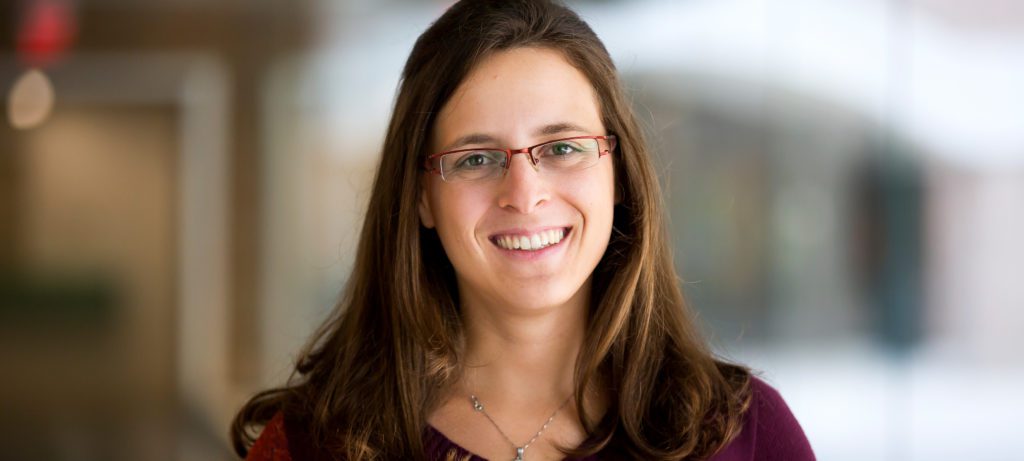
The Rising Star Award is based on an individual’s whole body of work in the first five years after the PhD.
Transparent solar panels on windows could take a bite out of a building’s electricity needs.
The post Urban solar energy: Solar panels for windows hit record 8% efficiency appeared first on Michigan Engineering News.

Brighter, crisper screens that draw half the power and lasts twice as long are possible with NS Nanotech’s next-gen LEDs.
Story by Colin Barras
The post The Future of Lasers appeared first on Michigan Engineering News.

A new secure code is needed to protect private information from the power of quantum computing.

A new system called Leap earned a Best Paper award at USENIX ATC ‘20 for producing remote memory access speed on par with local machines over data center networks.